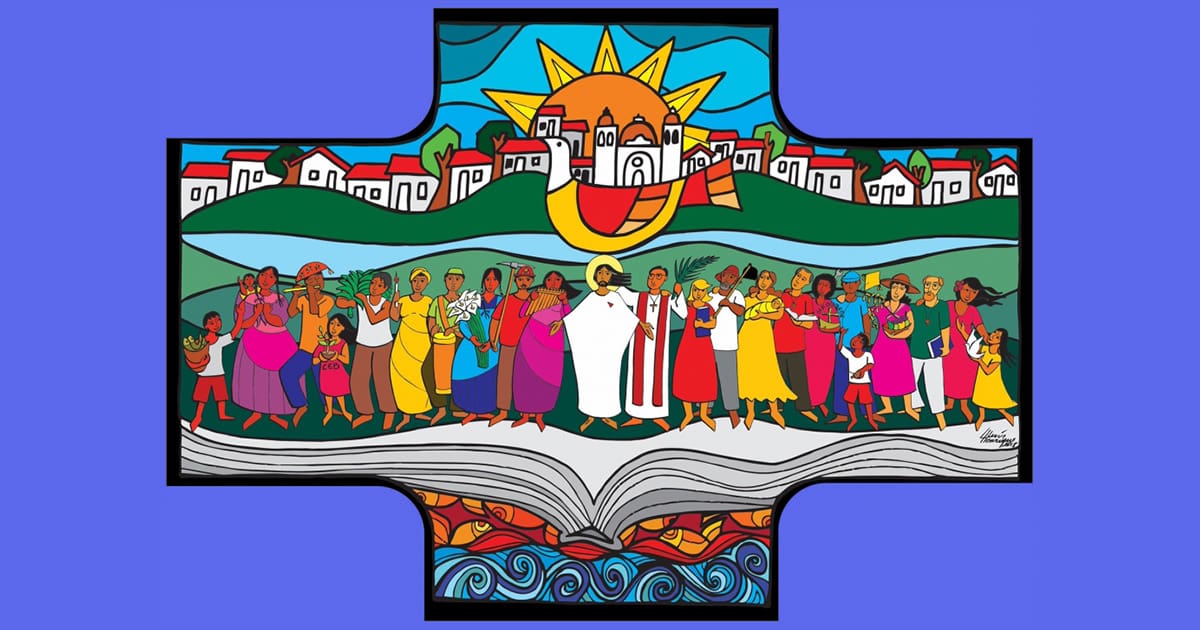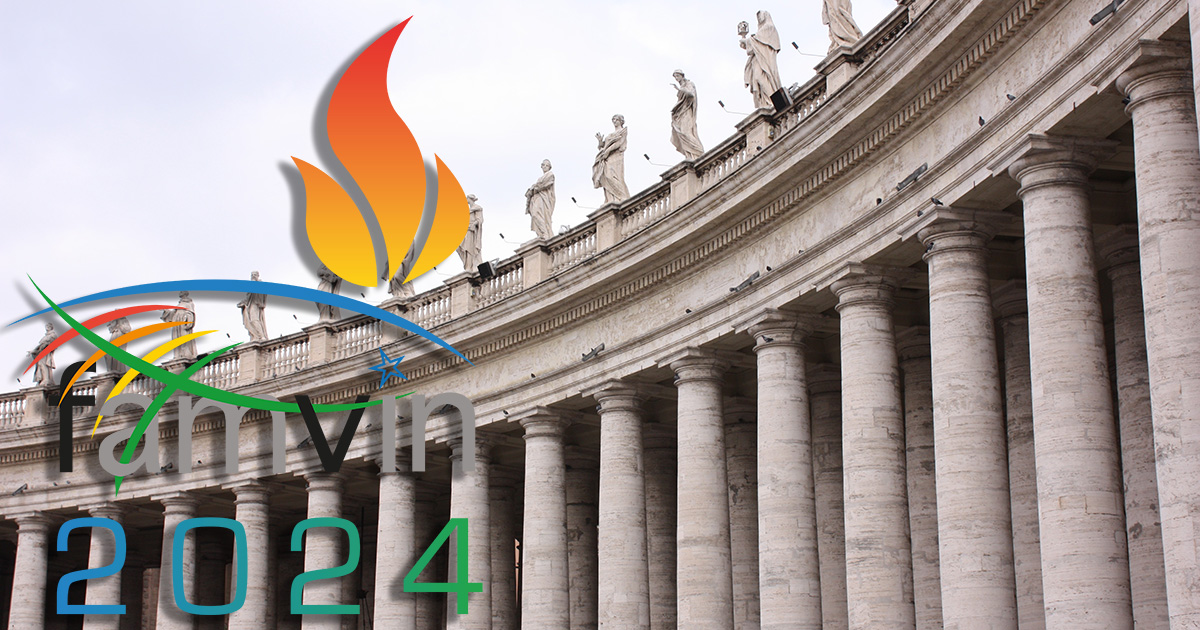Synodality: A Shared Path with the Poor at the Heart of the Church #famvin2024
The article entitled “The Poor in a Synodal Church” by Juan Pablo García Maestro, OSST, published in issue 189 of Sinite magazine and available in Spanish at this link, discusses the importance of synodality in the Church and how it should focus especially on the poor. The following is a summary of the article:
Since the beginning of his pontificate, Pope Francis has emphasized the importance of the Synod as one of the most valuable legacies of the Second Vatican Council. This vision, deeply rooted in ecclesial tradition, holds that synodality is not a passing trend but an essential characteristic of the Church itself. In a context where the world faces increasing social and economic challenges, the synodal approach demands that the poor occupy a central place in the Church’s journey together.
Synodality and Its Deep Connection to the Second Vatican Council
The Second Vatican Council was a milestone that sought to revitalize the life of the Church, promoting more active participation by all the people of God. This council not only invited a return to the sources of the Gospel but also established a framework for the Church to function more collegially and synodally. Synodality, as emphasized by Pope Francis, is a constitutive dimension of the Church, based on the equality and dignity of all the baptized, who are called to participate actively in the Church’s mission.
Jean-Marie Tillard, a Dominican theologian, warned of the danger of reducing profound concepts like synodality to mere slogans. According to him, the life of the Church has been subject to trends that often fail to achieve lasting true conversion. In this sense, synodality should not be seen as a temporary novelty but as a genuine expression of the Gospel, calling all believers to live in communion and co-responsibility.
The Example of Jesus and the Transformation of Authority in the Church
The article underscores that synodality has its roots in the figure of Jesus, who transformed the notion of authority through his example of service and humility. Jesus not only preached about equality but lived it by sharing his life with the poor and marginalized. His teachings on humility and service, such as washing the feet of his disciples, are models for the synodal life of the Church.
The communal life of the early Church, as described in the Acts of the Apostles, is presented as an early example of synodality. The early Christian community lived in communion, sharing their goods and caring for the most needy. This “ecclesial-we,” as the author calls it, should be the model for today’s Church, a Church that lives in spiritual and material communion.
The Council of Jerusalem: An Early Example of Synodality
The Council of Jerusalem, narrated in the Book of Acts, is presented as the first example of synodality in the Church’s history. In this council, the apostles and elders met to resolve a crucial conflict: whether Gentiles should follow Jewish laws to become Christians. The decision, made collectively and under the guidance of the Holy Spirit, showed a synodal process where the community actively participated and sought a solution that respected different perspectives.
This example underscores how synodality is not just about avoiding conflicts but resolving them inclusively and participatively. The Church, by living synodally, must be able to welcome and listen to the diverse voices within the community, always seeking the common good and guided by the Holy Spirit.
The Poor as a Priority in a Synodal Church
Pope Francis has placed the poor at the center of his ministry, pointing out that a synodal Church must walk alongside them. The poor are not merely objects of charity; they have much to teach the Church. Francis insists that everyone must allow themselves to be evangelized by the poor, who, by sharing the same fate as Jesus, offer a unique and valuable perspective on faith.
Synodality demands continuous conversion towards a Church that not only speaks on behalf of the poor but acts alongside them, sharing their struggles and learning from their wisdom. This approach is especially relevant in a world where the culture of waste marginalizes the most vulnerable. The Church is called to be a sign of hope, walking with the poor and working for a more just and fraternal world.
World Day of the Poor: A Call to Action
In his message for the 5th World Day of the Poor, Pope Francis reaffirmed his commitment to the most needy. For him, the poor are the true teachers of the Church, who, with their example, teach us to live the Gospel authentically. Jesus, by identifying with the poor, reminds us that his presence is constant among us and that our response cannot be indifference.
The World Day of the Poor is an opportunity for the entire Church to reflect on its role in society and how it can contribute to real change in the lives of the most disadvantaged. Francis invites all believers to be active participants in this mission, not just through charity but also by promoting justice and dignity for all.
Fraternity: A New Paradigm for Interreligious Dialogue
The article concludes by highlighting the importance of fraternity as the new paradigm for interreligious dialogue in the new millennium. Synodality is not only relevant within the Church but also has implications for relations with other religions. By identifying with the least, the Church can be a bridge of universal fraternity, promoting peace and understanding among different cultures and beliefs.
In this sense, synodality is not just a call to unity within the Church but also a commitment to humanity as a whole. By living in fraternity, the Church becomes a witness of God’s love, uniting all people in a common effort for justice and peace.
Conclusion
Juan Pablo García Maestro’s article presents a deep vision of synodality as an essential dimension of the Church’s life. Through historical examples and teachings from Pope Francis, it highlights how a truly synodal Church must place the poor at the center of its mission. This synodality, rooted in the Gospel and ecclesial tradition, is a call to all believers to live in communion, actively participating in the life of the Church and in building a more just and fraternal world.
Click on the following image to access all the information on the Second Vincentian Family Convocation, November 14–17, 2024 in Rome, Italy:
Tags: famvin2024_formation








0 Comments